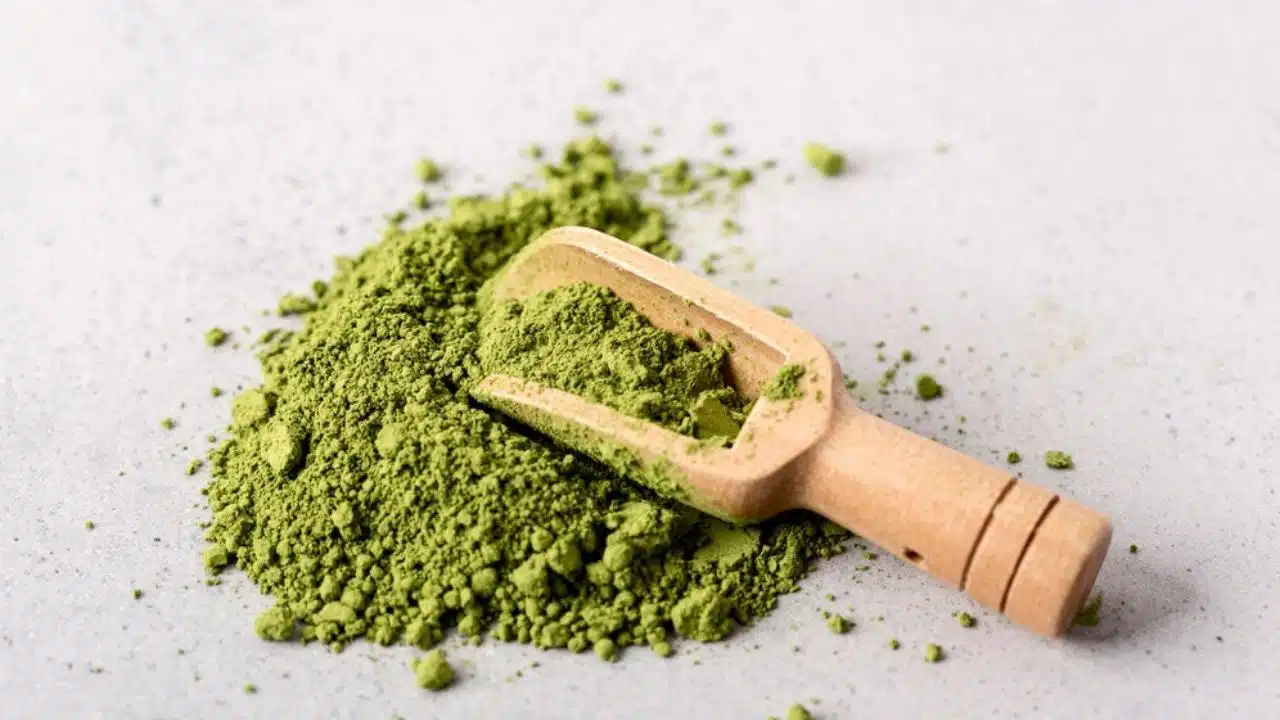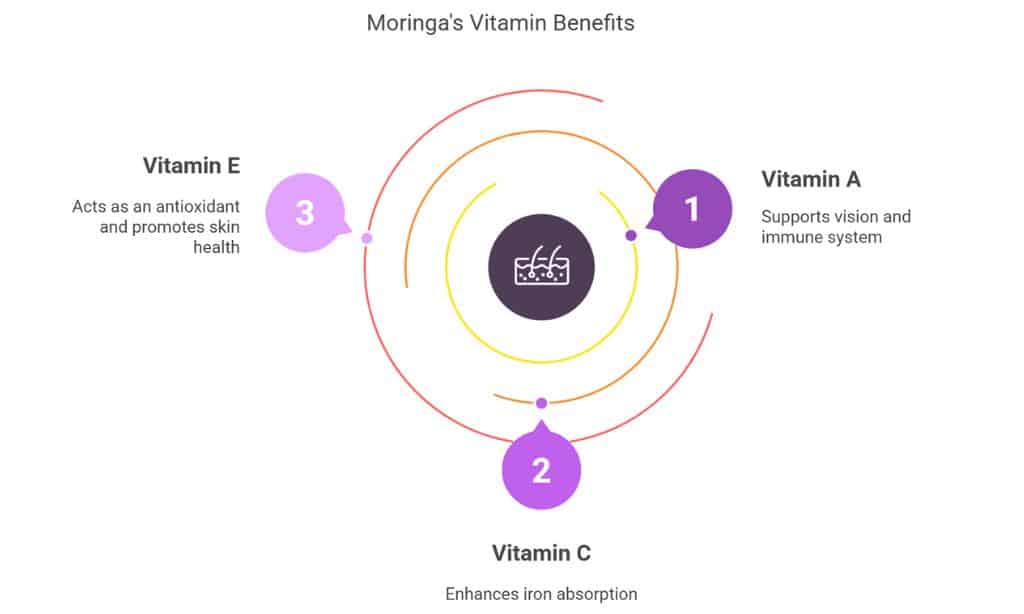Moringa, aka the “Tree of Miracle,” is the newest buzzword in the health arena for good reason! Moringa is one of the trees with different usages, which is especially known for its role in promoting lactation. So what is it that makes this specific plant the one that can provide that milky boost? This is attributed to the numerous bioactive compounds it contains. Looking into these compounds gives us some understanding as to why moringa is such a powerful lactation superstar.
Moringa Composition
Moringa leaves contain a lot of nutrients and bioactive compounds. They are critical components needed for lactation. Moringa is high in vitamins and minerals, including vitamin A, calcium, and iron, which are essential for good health. But the real difference is the presence of the phytochemicals, which offer nursing mothers the extra help that they need. Let’s learn how Moringa supports breastfeeding and offers other benefits to new mothers.
Importance of Phytochemicals
The lactation-boosting ability of moringa is attributed to phytochemicals, plant-derived chemicals that exist naturally. Flavonoids are particularly noted for their antioxidant activity. Not only do flavonoids protect the cells from damage, but they also support the immune system, which helps mothers benefit from breastfeeding. Saponins are also known as phytochemicals found in moringa, and they have anti-inflammatory and immune-enhancing effects as well. Saponins might help treat pains during breastfeeding by minimizing irritation.
Importance of Essential Amino Acids
Amino acids are required for proteins to perform their work in the body. Moringa provides a full complement of essential amino acids; hence, it is a well-balanced protein source. These amino acids promote tissue recovery, muscle development, and general well-being. It is especially important for mothers who breastfeed that they get enough protein to maintain energy and quality of breast milk.
Rich Mineral Content
The mineral content of moringa also supports its lactation-enhancing ability. Calcium is an important mineral needed for strengthening bones, so mothers and infants need to grow strong bones. Iron is yet another important mineral that can help prevent anemia, which can impact milk production. The high amount of magnesium in bananas helps to relax muscles and relieve stress, which should all lead to calmer breastfeeding sessions!
Vitamins Help in Promoting Lactation
Vitamins are essential for health and lactation. Vitamins A, C, and E are present in abundance in moringa. The product of proVitamin A helps vision and protects the immune system in both mothers and babies. It promotes the absorption of iron, which is necessary to fight against anemia [23]. Vitamin E is an antioxidant that helps prevent cell damage and promotes skin health.
Effects of Antioxidants
Moringa contains a lot of antioxidants and is a major contributor to the production of breast milk. Antioxidants neutralize free radicals and prevent oxidative stress that can cause damage to cells. This is especially important in nursing mothers who need to be in tip-top shape for breastfeeding. Antioxidants support the immune system and help to prevent infections that may disrupt lactation.
Align Hormonal Homeostasis
A sound hormonal milieu is key for effective lactation. The bioactive components of moringa, especially the phytoestrogens, act like estrogen in the body. These compounds possibly facilitate milk secretion due to their role in the improvement of hormonal sensation during lactation. Moringa is suitable for consistent and sufficient breast milk production due to it being a promoter of hormonal balance.
Safety and Considerations
Though the benefits of moringa are many, one must be careful in using it. Adding Moringa to breastfeeding is a process that requires consulting healthcare professionals before doing so. They are safe, but high doses can have side effects. Too much of any supplement can cause detrimental side effects to one or the other organs of the body, and seeking professional help can always help in maximizing the benefits and minimizing the side effects.
How Do You Use Moringa in Daily Life?
It is easy and effective to include moringa in the dietary habit. Moringa leaves are always eaten fresh, rarely dried and in powdered form. A simple way to take advantage of the benefits of moringa powder is to add this moringa powder to smoothies, soups, or teas. But make sure to stay with suggested dosages and utilize your health-care providers for advice.
Conclusion
It is an amazing addition to any nursing mom’s arsenal due to its bioactive compounds. Hence, it provides a body with abundant vitamins, minerals, and phytochemicals and stimulates lactation by increasing the quantity of milk secreted as well as general well-being. These compounds and their roles define moringa as a potential natural lactation booster. Mothers should benefit from its properties, but always in a balanced way to avoid any repercussions on their bodies and their babies. As in anything you are taking to supplement, advice from your physician is essential to gain the most benefit while minimizing the risks, which must be a top priority.





































